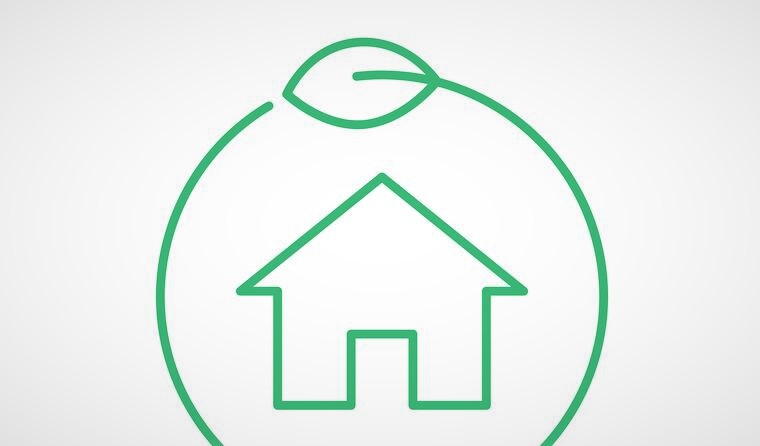
The RACGP Board has taken a significant step in its environment, social and governance policy, formulating a coordinated approach to monitor, review and develop progress in addressing environmental issues.
Working in consultation with RACGP Specific Interests Climate and Environmental Medicine, the RACGP’s Environment, Social and Governance working group, and other college stakeholders, made seven recommendations to the Board to improve the college’s approach to environmental and social governance.
Chief among those recommendations is committing to a target of net zero emissions by 2040.
‘This target is achievable for the RACGP and is supported and adopted by the majority of peer colleges,’ a Board paper states.
The RACGP’s policy sets the environmental, social and governance principles and criteria to guide college operations:
- Environmental criteria consider how a company performs as a steward of nature
- Social criteria examine how it manages relationships with employees, suppliers, customers, and the communities in which it operates
- Governance deals with a company’s leadership, executive pay, audits, internal controls, and member rights
The RACGP
introduced an environmental and social governance investment policy in 2018 to provide a set of guiding principles for the college’s investment portfolio, resulting in divestment across a number of investments. A further
statement was introduced in 2019 to describe the RACGP’s philosophy on environmental and social matters.
RACGP environmental, social and governance recommendations
- Update statement policy
- Appoint a sustainability officer
- Establish a sustainability committee
- Develop an internal sustainability report based on global reporting initiative sustainability reporting guidelines
- Identify partnership opportunities
- Identify environmental, social and governance gaps, opportunities and targets for future consideration
- Adopt and publish a net zero target
An environmental, social and governance working group has also been established to develop an initial framework and identify opportunities for areas in which the RACGP can improve. In addition, a process has commenced to collect data on opportunities with material environmental impact, such as travel, utilities, consumables and waste, with the aim to identify emission-neutral alternatives for the college.